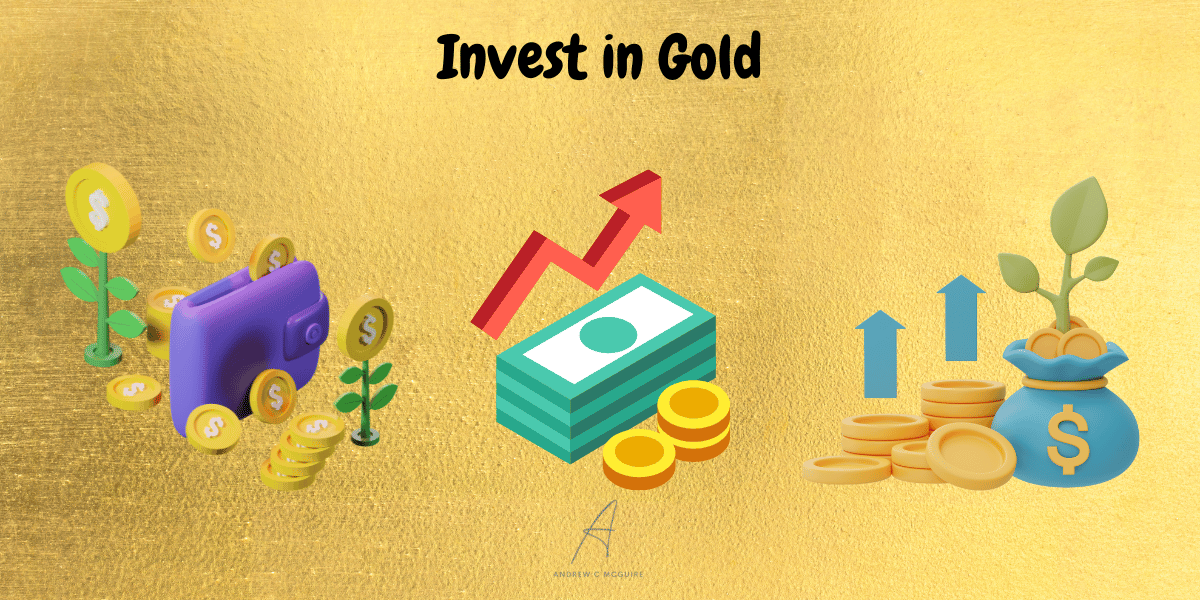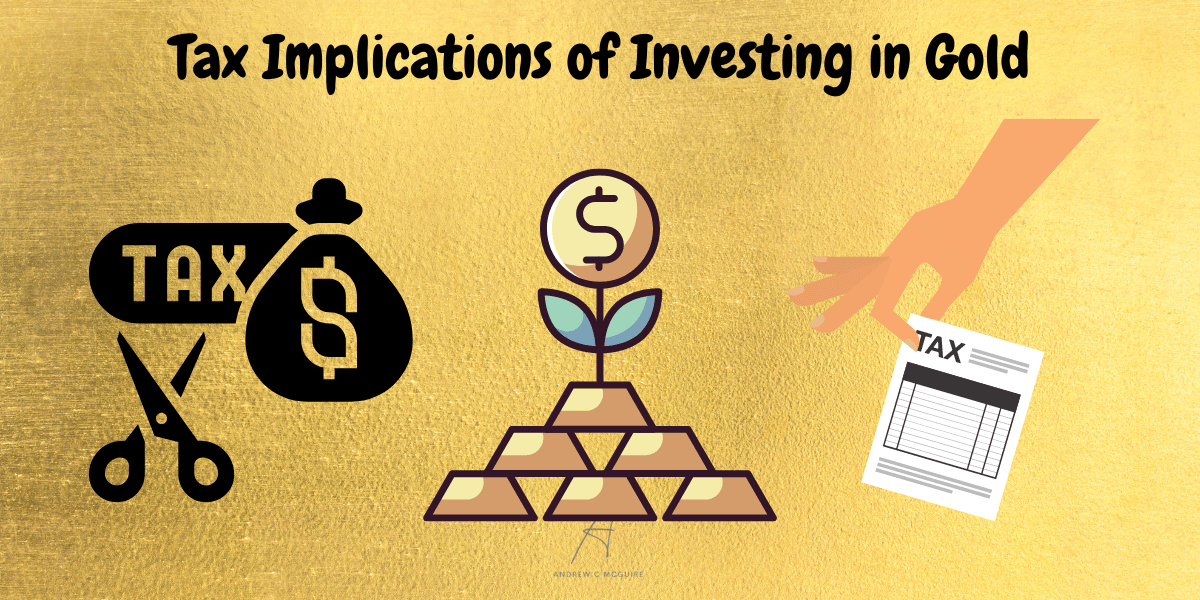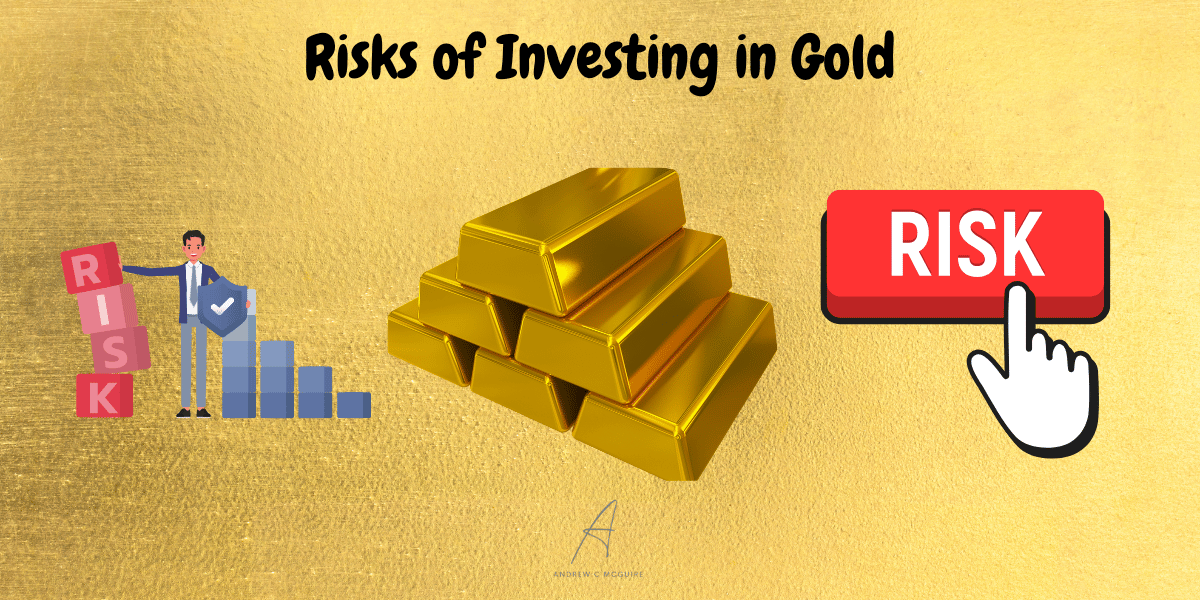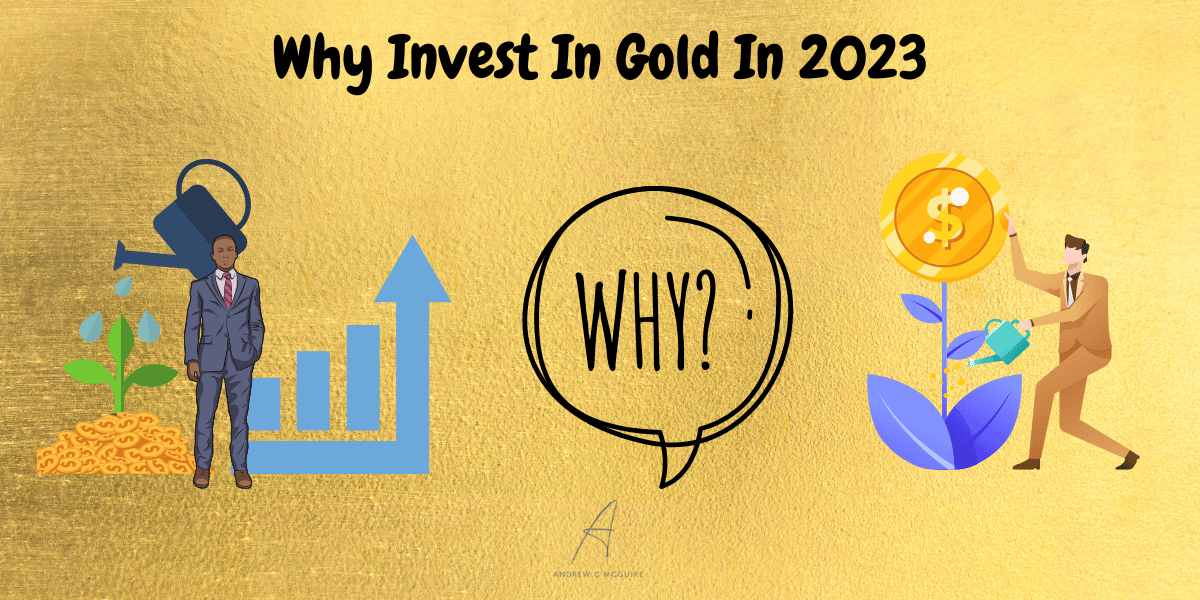Investing in gold is an excellent way to diversify your portfolio and protect yourself from inflation. Gold has historically been a reliable asset with high liquidity, meaning it can be easily converted into cash when needed. Furthermore, its value is not affected by fluctuations in the stock market or other external factors like currency devaluation. Investing in gold today could help secure your financial future tomorrow. However, you must understand that securing your financial future with gold investment is not a straight-jacketed thing. It is vital that you find the right investment company to deal with - this is why I recommend Augusta Precious Metals as the #1 tested and trusted investment company for gold bars, gold coins, gold mutual funds, gold stocks, gold bullion, gold ETFs, and gold futures.

We earn a commission if you make a purchase, at no additional cost to you.
Investing in gold is a smart and effective way to protect your wealth. Gold has been used as an investment for centuries, providing stability and security during times of economic uncertainty. Investing in gold can offer numerous benefits, from diversifying your portfolio to hedging against inflation risk. It's key to understand the different types of gold investments available, how they work, what their tax implications are, and any associated risks before investing in this precious metal. Whether you're looking for a long-term hedge or simply want exposure to the price movements of gold without physically owning it – understanding these key elements will help ensure that you make informed decisions when investing in gold.
How to Invest in Gold

Investing in gold can be an amazing way to safeguard your wealth and diversify your portfolio. Before investing, it is important to understand the basic factors about gold investment and how it affects your financial future. This will help you choose the right type of gold investment for you.
1
Determine Your Investment Goals and Risk Tolerance
When deciding how to invest in gold, it is important to consider what kind of return you are looking for and how much risk you are willing to take on. If you want a low-risk option with steady returns, physical gold or exchange-traded funds (ETFs) may be the best choice for you. Alternatively, if you are looking for higher returns with more potential volatility, then investing in gold mining stocks might be an option worth considering.
2
Check Out the Various Gold Investment Options
When it comes to gold investment, there are several different types of investments available. Physical gold includes coins or bars that can be stored at home or held by a third party such as a bank, broker, or dealer. Exchange-traded funds (ETFs) track the price of gold without having any actual physical metal involved; they trade like stocks on exchanges but represent ownership of shares backed by physical bullion stored offsite elsewhere. Gold mining stocks involve buying shares in companies that mine for precious metals such as silver and platinum along with their primary focus on extracting from ore deposits containing large amounts of valuable minerals, including copper, zinc, lead, etc., which makes them highly speculative investments compared to owning actual bullion itself due solely to their added complexity beyond just tracking prices alone since production costs must also factor into profitability calculations too before profits can actually materialize from successful operations over time instead unlike ETFs which only need prices going up over time as long as enough buyers exist out there willing pay those ever increasing higher prices per ounce every day regardless of what the underlying production costs turn out to be down the road after all is said and done.
2
Choose the Right Type of Investment for You
Once you have determined your investment goals and risk tolerance level, it’s time to decide which type of investment best suits those needs. Physical gold is ideal if you want direct exposure to the metal itself; however, this option requires storage space as well as additional costs such as insurance premiums and security fees that may not make sense depending on how much money you plan on investing. Exchange-traded funds (ETFs) offer an easier way to invest without having to worry about storing the actual metal; however, they do come with higher management fees than buying physical gold outright would require. Lastly, purchasing shares in publicly traded companies involved in the production or exploration of gold provides another avenue for indirect exposure. Still, it comes with added risks associated with stock market volatility that must be taken into consideration before making any decisions.

Investing in gold can be an amazing way to hedge your wealth and diversify your portfolio. Gold is a liquid asset; it can easily be converted into cash when needed. It also acts as a hedge against inflation since its value tends to increase with rising prices. When investing in gold, there are three main types of investments you should consider: physical gold, exchange-traded fund (gold ETF), and gold mining stocks. Now that you know the basics of how to invest in gold, let's look at the tax implications associated with investing in gold and other precious metals.
Tax Implications of Investing in Gold

Before you invest, it’s important to understand the tax implications of investing in gold.
1
Capital Gains Tax on Profits from Selling Gold Investments
When you sell gold or other asset classes, including gold investments, you may owe capital gains taxes on any profits that result from the sale. The amount of tax owed will largely depend on how long you hold the asset and what type of asset it is. For example, if you bought an ounce of gold for $1,000 and sold it one year later for $1,200, then you would owe capital gains taxes on the $200 profit.
2
Self-Directed IRA Rules for Investing in Precious Metals
If you are investing through a self-directed IRA account, then there are special rules that apply when investing in precious metals such as gold or silver coins or bars. You must use an IRS-approved custodian to hold your assets, and they must meet certain purity standards set by the IRS. Additionally, all transactions related to these investments must take place within the IRA account itself; no external transfers are allowed. Lastly, only certain types of coins or bars qualify, so make sure to research this carefully before making any purchases with funds from your self-directed IRA account.
Overall, understanding how taxes work when investing in precious metals is essential if you want to maximize returns while minimizing the risk associated with taxation liabilities down the road. Knowing which types of investments qualify under different scenarios can help ensure that your hard-earned money remains safe and secure over time, regardless of market conditions or other factors outside your control.
It is critical to know the tax implications of investing in gold, as they can have a significant impact on your profits. Therefore, it is also essential to be aware of the risks associated with investing in gold before making any decisions.
Risks of Investing in Gold

It is key to understand the risks associated with investing in gold before you commit any of your hard-earned money.
1
Price Volatility
Gold prices are notoriously volatile and can fluctuate significantly over short periods of time. This means that investors must be prepared for both gains and losses when investing in gold. It is also important to remember that past performance does not guarantee future results, so investors should always do their own research before making an investment decision.
2
Counterparty Risk
When buying physical gold or ETFs, there is a risk that the counterparty (the seller) may default on their obligations or fail to deliver what was promised. To mitigate this risk, it’s important to only buy from reputable dealers who have a proven track record of delivering quality products on time and as promised.
3
Storage & Insurance Costs
Investing in physical gold requires storage space and insurance costs, which can add up quickly if you’re not careful. Investors should factor these costs into their overall budget when deciding how much they want to invest in physical gold assets such as coins or bars. Additionally, some custodians offer secure storage solutions at reasonable rates, which may be worth considering depending on the size of your investment portfolio.

Conclusion
It is key to understand the different types of gold investments, how to invest in gold, and the tax implications associated with it. Additionally, you should also consider the risks involved when investing in gold before making any decisions. Ultimately, investing in gold can be a smart move if done correctly and with proper research. Investing in gold is an effective way to ensure that your wealth remains secure for years to come.
FAQs
The Barron's Pick

Augusta Precious Metals is the most trusted gold IRA company
